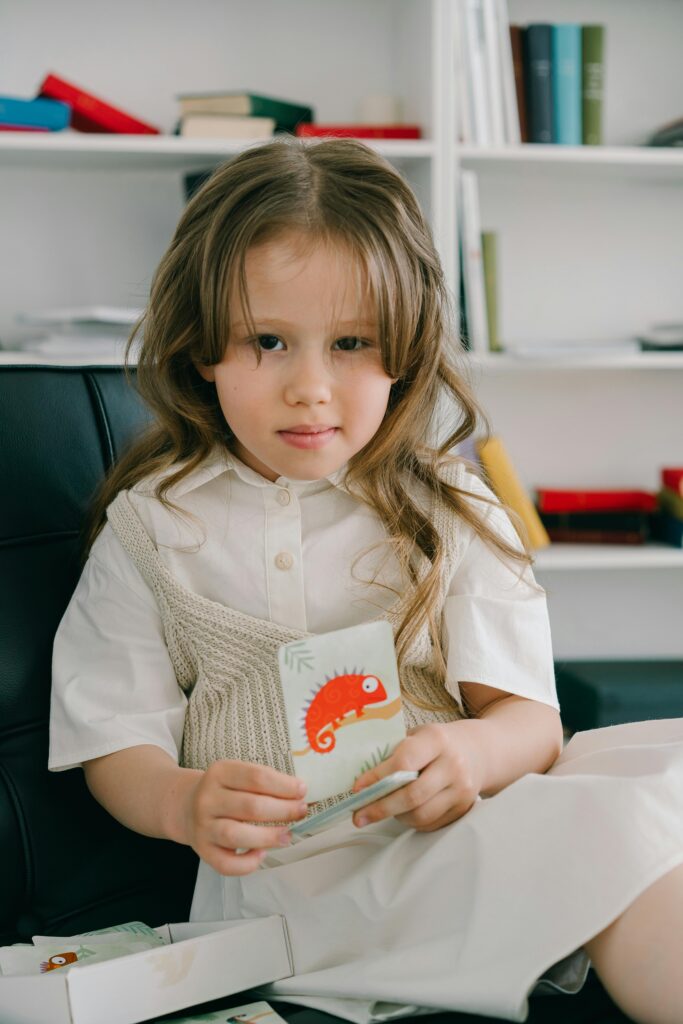Mindfulness Games for Kids to Improve Focus, Calmness, and Emotional Balance
With rising awareness around children’s mental health, many parents are turning to mindfulness-based games to help kids manage stress, improve focus, and build emotional intelligence. Mindfulness isn’t just for adults—it’s a powerful tool for children to develop self-awareness, reduce anxiety, and build resilience. The best part? You can introduce it in fun, playful ways.
Why Mindfulness Matters for Kids
Children today face many stressors—from academic pressure to digital distractions. Teaching mindfulness early gives them tools to handle big emotions, build empathy, and respond rather than react to challenges. When practiced regularly, mindfulness can also lead to better sleep, improved concentration, and stronger relationships.
Best Mindfulness Games for Children
1. The Breathing Buddy Game
Give your child a small stuffed animal. Have them lie down and place it on their belly. As they breathe slowly in and out, they’ll watch the buddy rise and fall. It teaches deep belly breathing in a visual and calming way.
2. Glitter Jar Focus Game
Create a glitter jar using warm water, glue, and glitter in a clear bottle. Shake it and ask your child to watch the glitter settle. It mimics calming down after strong emotions and promotes patience and observation.
3. Sound Scavenger Hunt
Sit quietly for 1–2 minutes and ask your child to count or name all the sounds they hear. This improves auditory focus and brings awareness to the present moment.
4. Mindful Coloring
Provide mandala or nature-themed coloring pages. Encourage them to focus on the colors, strokes, and the feeling of the pencil. It’s meditative and great for fine motor skills.
5. Mindful Eating Game
Pick a small snack like a raisin or chocolate chip. Guide your child to explore it with all their senses—look at it, smell it, touch it, taste it slowly. This builds awareness and appreciation for food.
Parent Tips for Mindfulness Success
Model mindfulness: Your calm presence sets the tone.
Make it routine: Add mindfulness games to bedtime, after school, or even car rides.
Use simple language: Explain mindfulness as “noticing what’s happening right now.”
Be patient: It takes time for kids to settle into mindful practices.
Benefits of Mindfulness Games for Kids
Reduces anxiety and hyperactivity
Enhances attention span and learning
Improves emotional regulation
Builds kindness and empathy
Supports better sleep and routines
FAQs
Q1: At what age can children start practicing mindfulness?
A1: As early as 3–4 years old with simple games and breathing exercises.
Q2: How long should a mindfulness activity last?
A2: Start with 1–3 minutes and slowly increase as your child grows more comfortable.
Q3: Can mindfulness help with ADHD?
A3: Yes, mindfulness practices can support focus, impulse control, and emotional regulation in children with ADHD.
Q4: Do I need special tools for mindfulness games?
A4: No—many games use household items or just the child’s body and breath.
# Best Toys for Toddlers
# Baby Playtime Essentials
# First-Year Fun
# Sensory Play for Infants
# Developmental Milestones
# Little Learners
# Infant-Friendly Toys
# Toddler Favorites
# Motor Skill Builders
# Early Play Adventures

